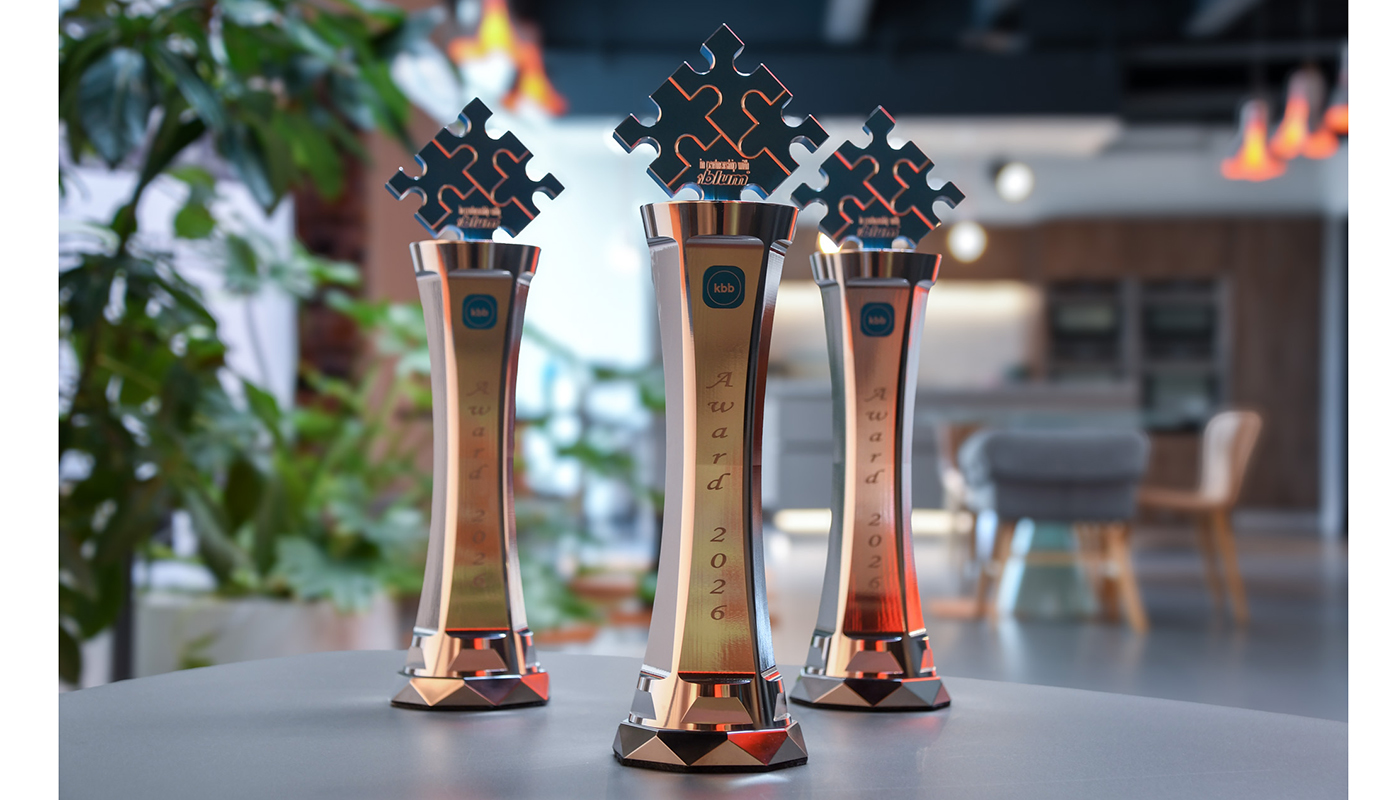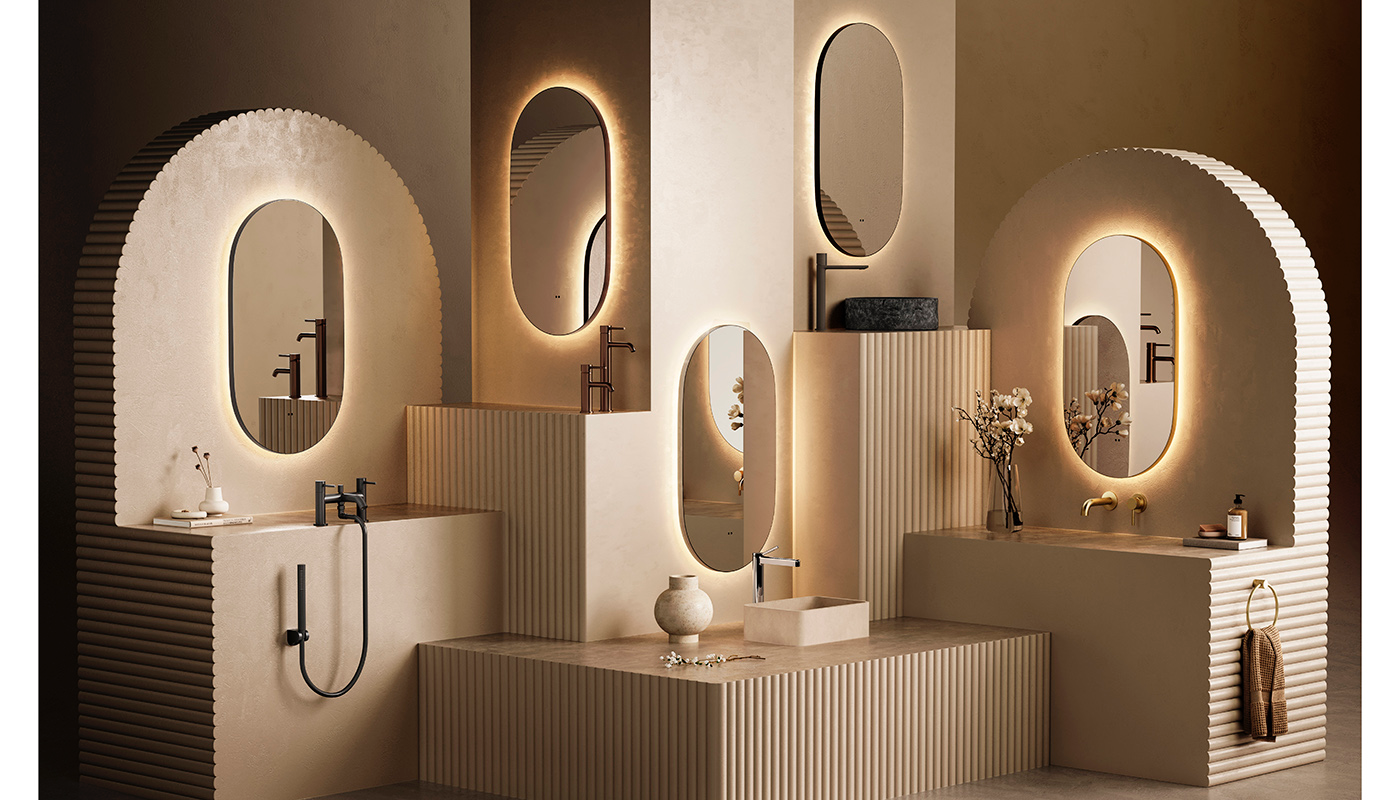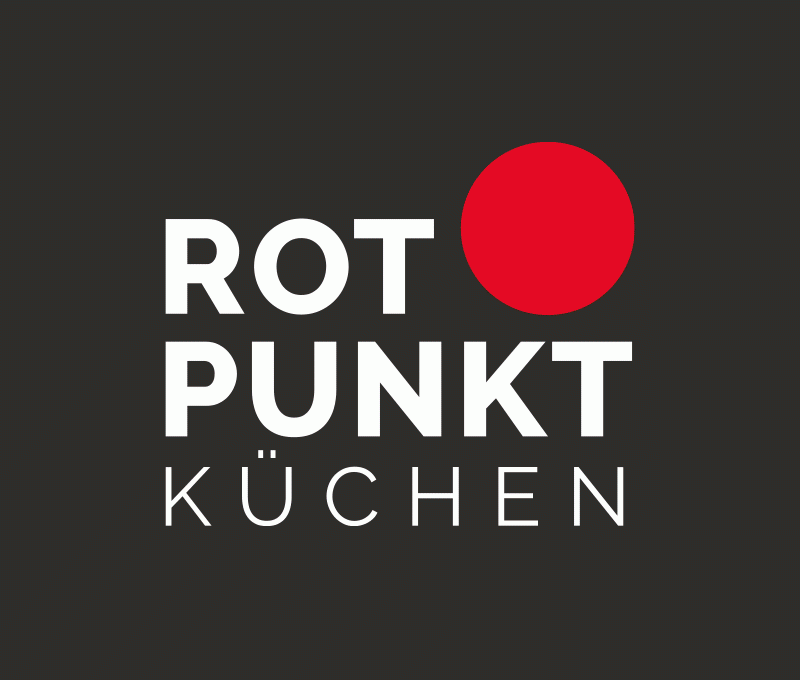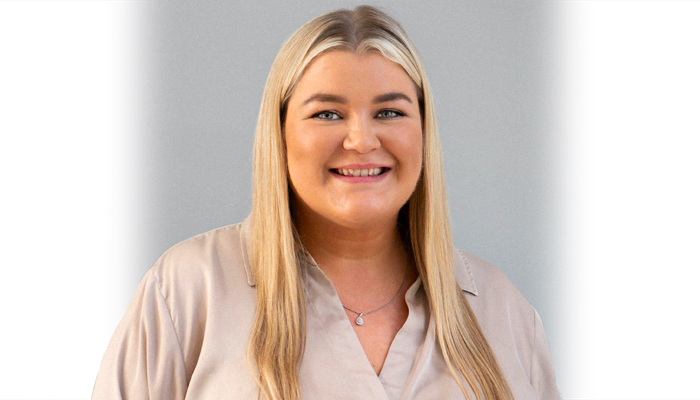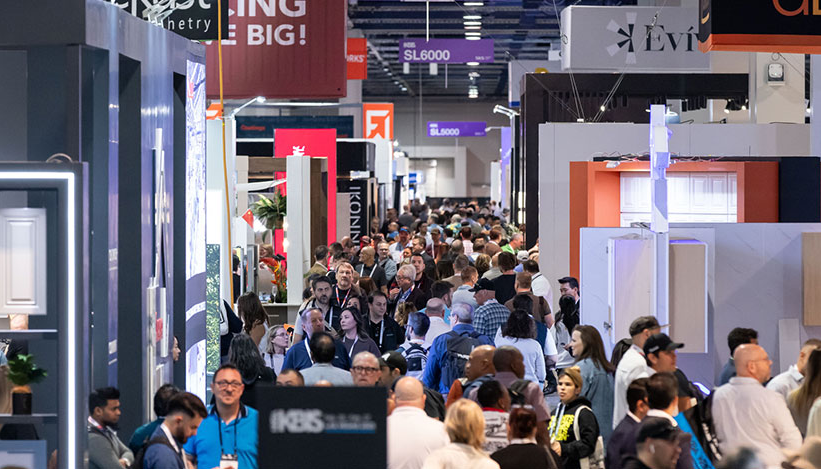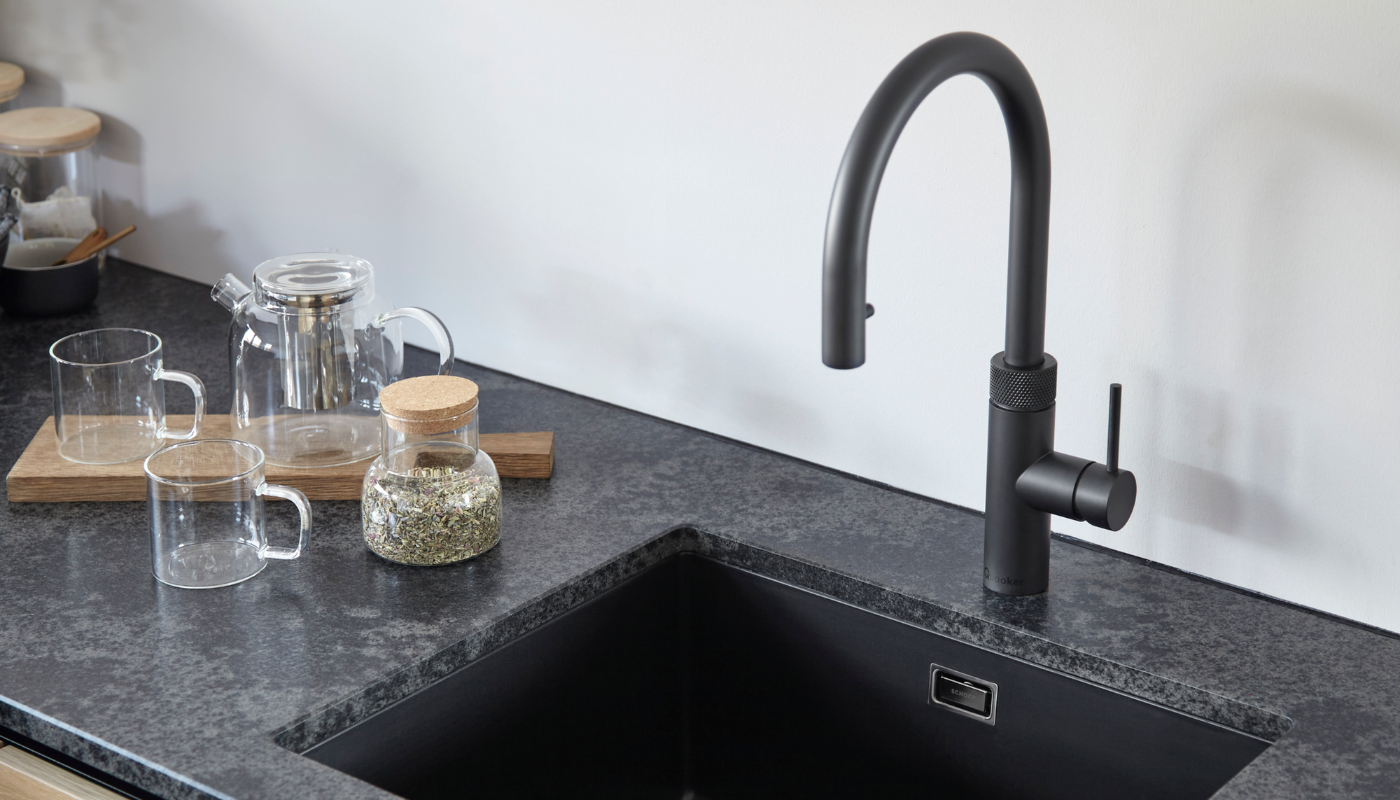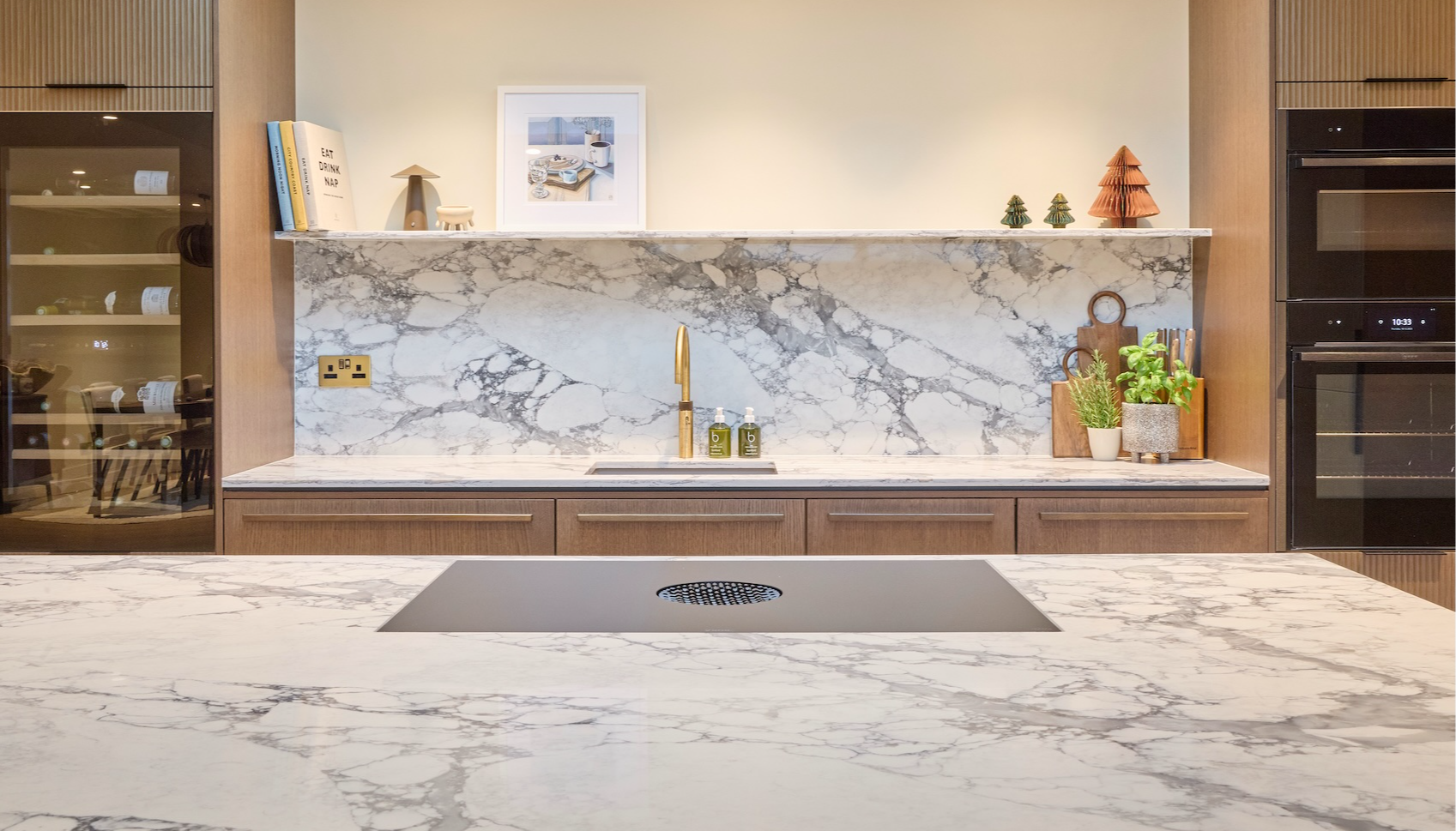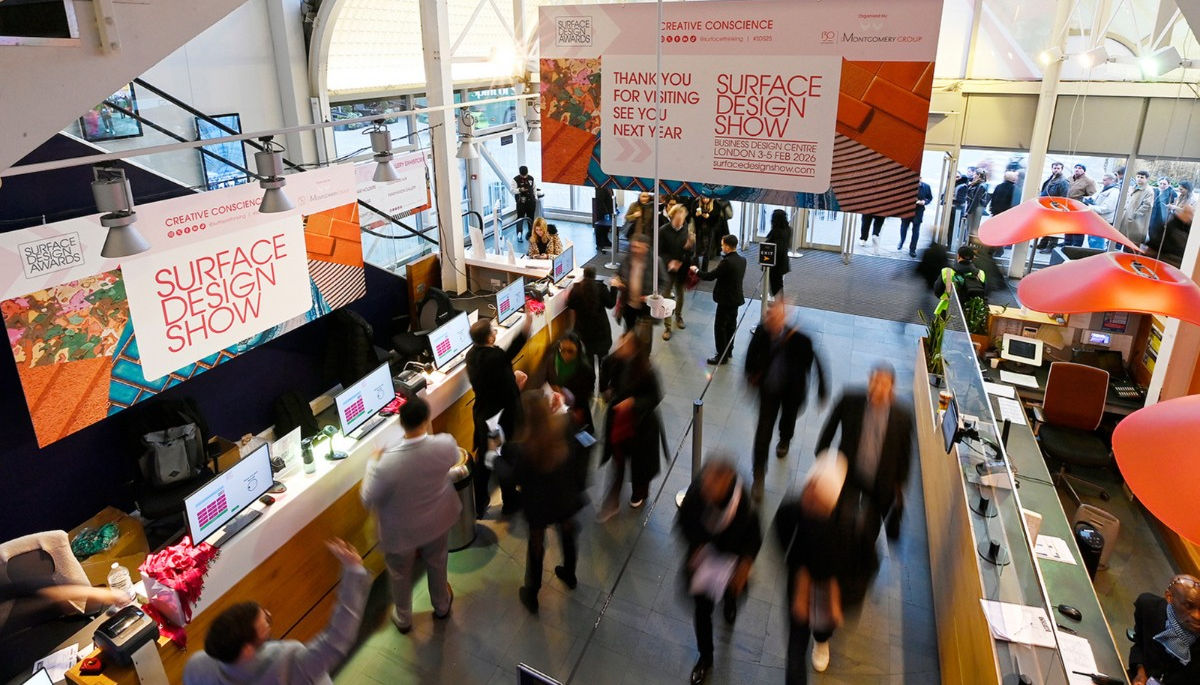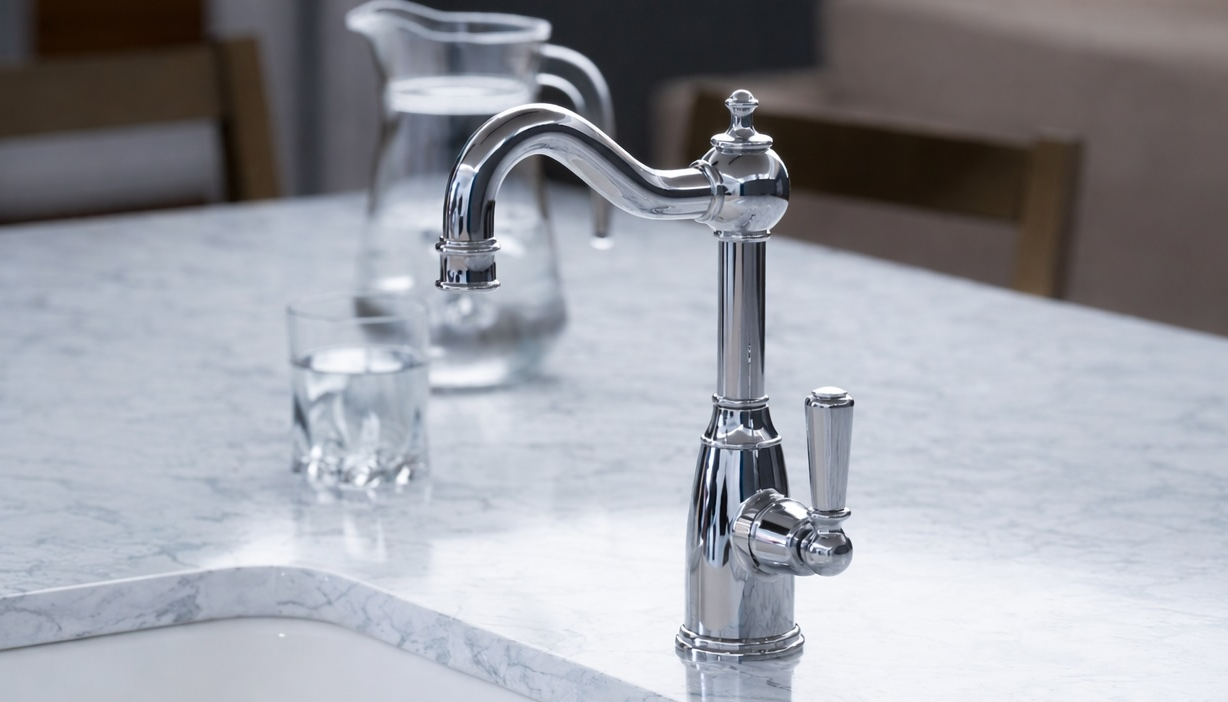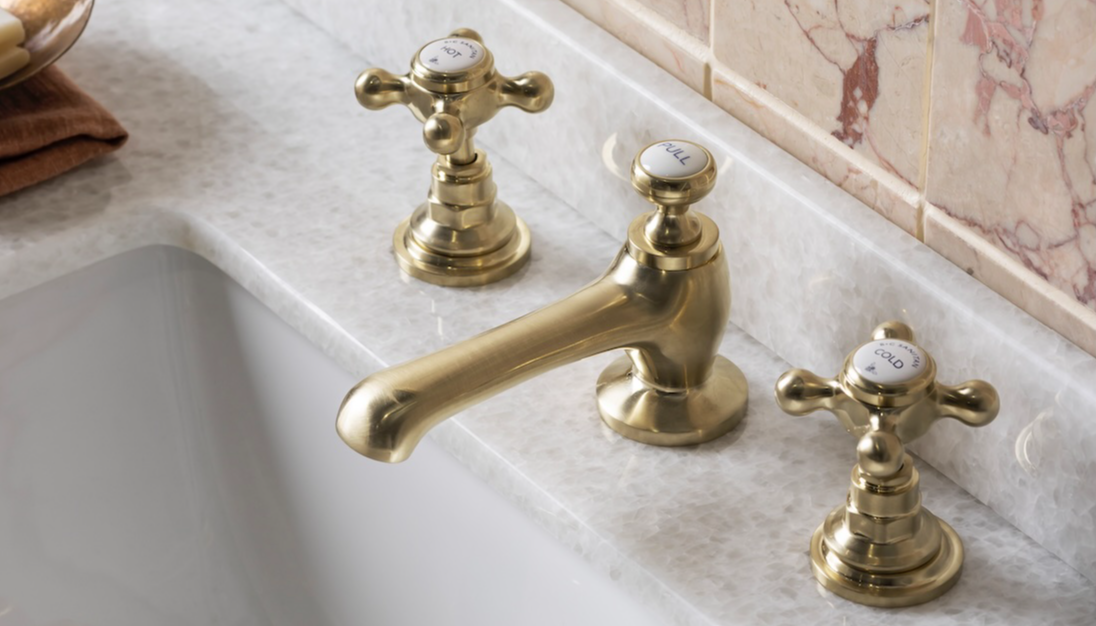We must collaborate to be more sustainable, says Beko's Vijay Bhardwaj

We must collaborate to be more sustainable, says Beko's Vijay Bhardwaj
In order for manufacturers and retailers to lead on sustainability, collaboration and communication between us all are key, says marketing director at Beko UK & Ireland, Vijay Bhardwaj.
Q: Water and energy efficiency are increasingly important to homeowners – what role can manufacturers play here?
A: With home appliances accounting for a significant proportion of energy bills, manufacturers and retailers have an important part to play when it comes to helping consumers improve their household’s energy and water efficiency, reducing their costs, and lowering their carbon impact. When it comes to purchasing new products, it’s important that we make it easy for consumers to identify more efficient models, highlighting the benefits they could gain from purchasing these appliances, such as monetary savings. With the surge in energy costs and the subsequent increase in the running costs of appliances, it’s important that consumers look at the whole ownership costs of appliances. In order for consumers to look at appliance ownership holistically, it is important that manufacturers and retailers make it easy for consumers to find relevant information. When it comes to appliance use, saving money and reducing the carbon footprint of the appliances go hand in hand.
It's important that manufacturers and retailers take every opportunity to talk to consumers and advise them on how to use their appliances in the most efficient way. For example, selecting eco-programmes for washing machines and dishwashers can save a significant amount of water and energy for a standard load, whilst still maintaining excellent cleaning results. Equally, selecting a high spin cycle on your washing machine will reduce the amount of water left in your garments, reducing the time it takes for your clothes to dry in the tumble dryer. Consumers should also be advised that opening the fridge and oven door will impact the internal temperature of the appliance, so more energy is needed to re-regulate the temperature.
Q: How does Beko support retailers in getting the sustainability message across?
A: Beko is proud to offer a large portfolio of appliances with a range of features and technologies that help reduce consumers’ carbon footprint. When marketing these products in store, Beko supports retailers by delivering clear and easy to understand messages to consumers through in store campaigns and training. This year, Beko has launched an energy-saving tool on their website that helps consumers understand the energy cost of appliances over their lifetime. In addition to making it easier for consumers to select more energy efficient products, this tool outlines the monetary savings they can get when switching to more efficient models. This information can be easily accessed by retailers when talking to consumers during the purchasing process, helping them select the best model for consumer needs.
Q: What are the latest innovations in Beko products when it comes to sustainability?
A: We believe that healthy living is only possible on a healthy planet and we are committed to developing appliances across our portfolio of brands that actively work to reduce energy consumption and waste, helping to reduce our customers’ carbon footprint as well as our own. In addition to A-class energy ratings, our laundry appliances feature innovative technologies. For example, up to 60 PET bottles are used in the production of Beko’s RecycledTub washing machines and washer dryers. In November, Beko will be launching their SaveWater dishwasher – a unique appliance that offers the lowest water consumption in the Beko range, using a minimal 6.9L of water to wash a full load. Featuring a large water storage tank, this appliance reserves water from the dishwasher’s final rinse, reusing this in the next load’s pre-rinse cycle. In addition, selected Beko fridges and fridge-freezers feature advanced technologies that will work to keep food fresh for longer, and our Beko’s RecycledNet ovens feature parts made from industrial thread waste and recycled fishing nets, promoting the circularity of materials and a more efficient use of resources.
Q: Do you think it's possible for manufacturers to work together to drive sustainability initiatives forward?
A: Collaboration among manufacturers and retailers across the industry is key to help drive sustainability initiatives, as ultimately, we’re all striving towards the same goal. It is vital for manufactures to work together to produce clear and consistent messages to help consumers consider purchasing appliances that will reduce their carbon footprint. A recent example of a collaboration between manufacturers was the support given to AMDEA (Association of Manufacturers for Domestic Appliances) to launch the ‘Know Watt’s What’ campaign. The campaign is aimed to help householders to reduce their annual bills by around 20% by helping them use their essential appliances effectively. By outlining simple changes, the campaign outlines how households can reduce their utility bills by almost £500 per year.
Q: Are there more sustainable products in the pipeline?
A: A key focus for Beko is to continue to launch products that meet consumers’ needs, while remaining energy efficient, reliable, as well as affordable. We're currently working to expand the availability of our RecycledTub technology into our washing machine typologies, offering this unique feature to a wider demographic of consumers. We will also be introducing our FiberCatcher technology into washing machines in 2023. Featuring an integrated microfiber filter, this innovative technology filters up to 90% of synthetic microfibres released during synthetic wash cycles, helping to reduce the number of harmful microplastics that are released into our water ways. Each microfibre filter is built to last for up to six months, with consumers being able to return their filters free of charge to be recycled. And finally, to further minimise the impact our products have on the environment, we are working to introduce EPS free packaging for our appliances to make them fully recyclable.
Tags: insight, features, beko, vijay bhardwaj, sustainability, appliances, kitchens




